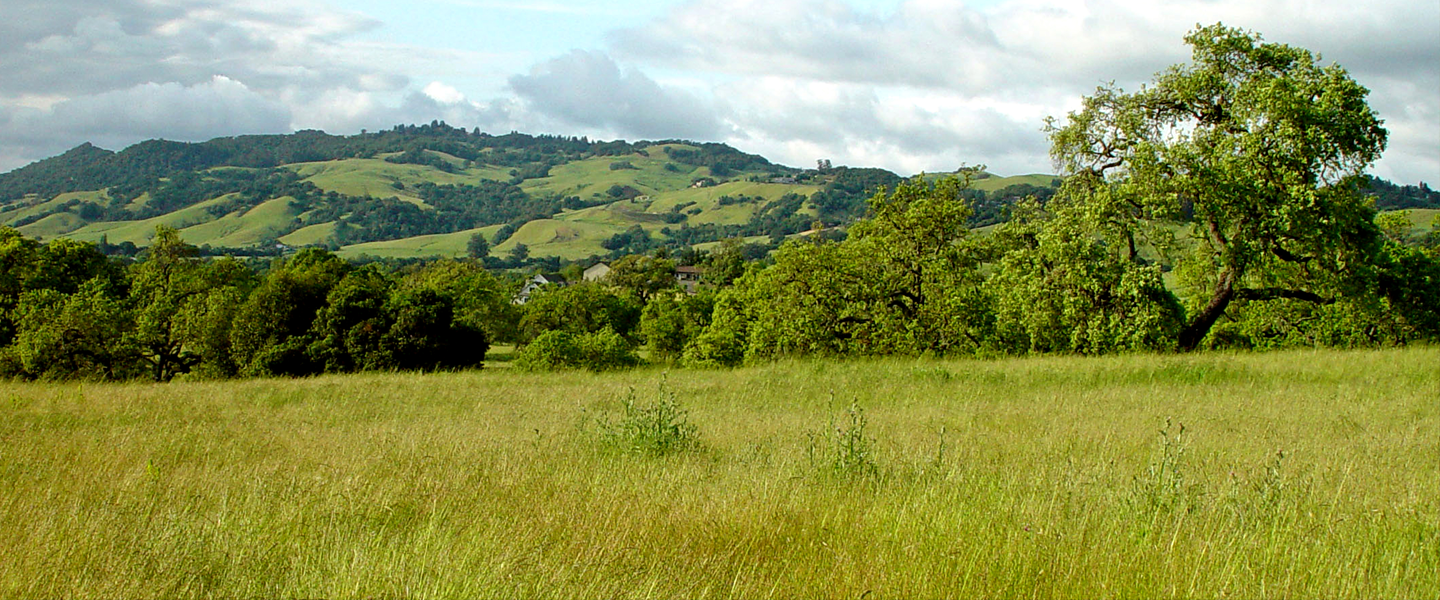Service-learning activity usually falls into two categories
Type 1: Teaching/tutoring/sharing knowledge from the class.
Example: Counseling students from the University of Texas at Brownsville worked on a project together to create a wellness fair for children and their families. “Students were required to develop activities for children/adolescents and their families that focused on socio-emotional wellness.” “Students felt as if the service learning event would be an avenue for them to practice their skills.” Students reflected that “The event helped me see firsthand the population that I eventually would be working with” and “I took honor in my work as I assisted in the preparation…” “Service learning also promotes humanistic counseling skills, provides an understanding of the practical application, and overall preparation of competent counseling professionals.” 1
Type 2: Using information from the class to do something with/for a community organization.
Example: Counseling students at the University of North Carolina at Greensboro took part in a service-learning advocacy project that was implemented in two counselor education courses in sexuality and career counseling. The project involved developing policy guidebooks regarding sexuality, career development, and mental health and was tied into the 2008 Presidential election. They were “intended to be a source of objective information about the candidates’ stances on the covered issues.” The students used action research and consensual qualitative research to carry out the project. They collected data and then analyzed and interpreted it throughout the semester. A student reflected that “‘The campaign project has been a great eye opener to how the candidate view issues with women as well as with sexuality’” and “‘…we need to be advocates as counselors and get involved with politics to try to create positive change.’” It was concluded that “participating in a class-based advocacy project can help students develop advocacy competencies across the client, community, and public arena levels related to identifying the social, cultural, environmental, institutional, and political factors that affect clients’ lives.” 2
Please contact cce@sonoma.edu for more information.
Adam Zagelbaum - zagelbau@sonoma.edu, and Maureen Buckley - maureen.buckley@sonoma.edu have instructed several service-learning classes and may be willing and able to share advice.
1 Alvarado, M., Gonzalez, P., “Experiences in Service Learning Among Counselor Education Students.” VISTAS online Article 79. 2013.
2 Murray, C., Pope, A., Rowell, P., “Promoting Students’ Advocacy Competencies through Service-Learning.” Journal for Social Action in Counseling and Psychology Vol. 2, Number 2 (Fall 2010): 29-47. Print.

